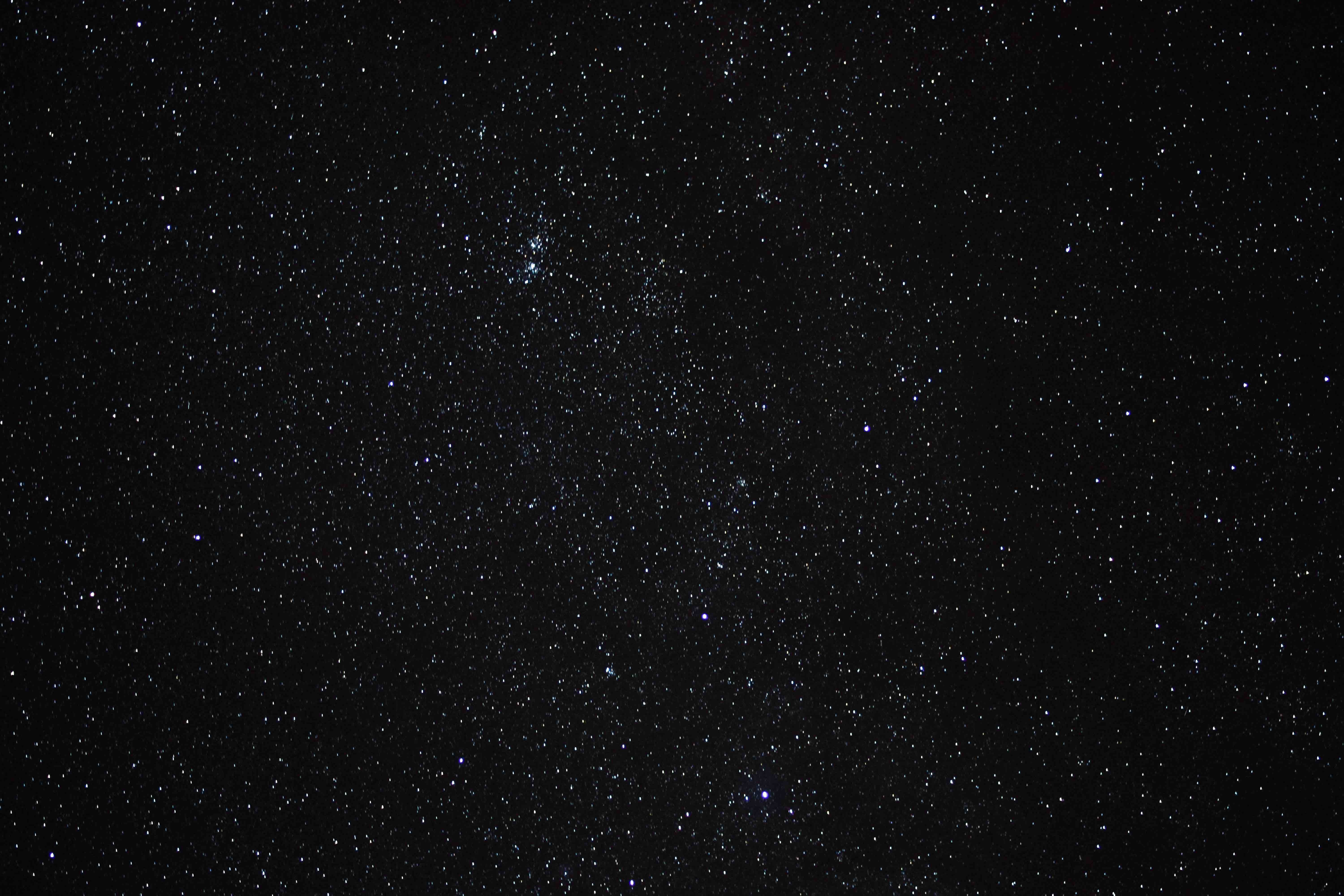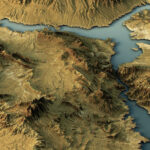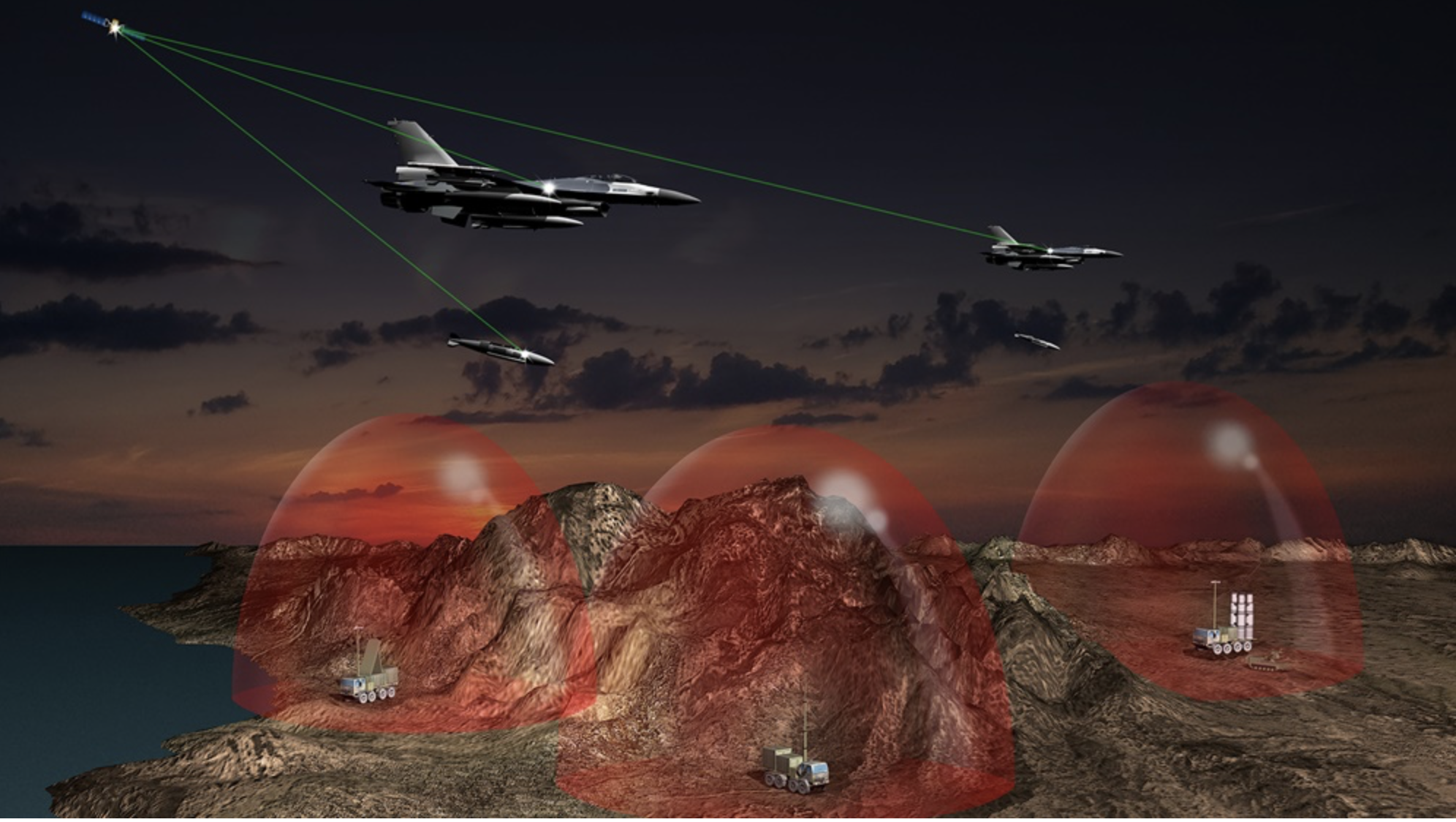The Air Force Research Laboratory (AFRL) is considering a contract for research and development of celestial-aided navigation technologies. The primary focus is to develop a Star Tracker that can reliably perform celestial sightings for sensor altitudes between 30,000 feet and 80,000 feet. The goal is to reduce the risks to guidance, navigation and control in GPS-denied environments, especially for operations over feature-poor terrain such as desert, water, snow and ice where existing terrain-aided methods may not be used for position, navigation, and timing (PNT) updates.
The Star Tracker sensor should be able to operate both day and night, meet demanding environmental requirements and provide a pointing capability if necessary. All the required hardware must be able to be integrated into a package weighing 40 pounds or less.
The tchnology’s intended use is with an integrated navigation solution and either in-house or external consultation is expected to fully address system requirements for seamless integration. A full navigation solution will not be required as part of this effort but the program is likely to be fast paced so knowledge and expertise leveraged from other relevant efforts is expected to be critical.
AFRL wrote in a special notice on Fed Biz Opps thatit intends to reach out to a limited number of contractors to participate in the effort and that the announcement should not be considered a solicitation for proposals. The number for that special notice is FA8651-19-C-0064.





